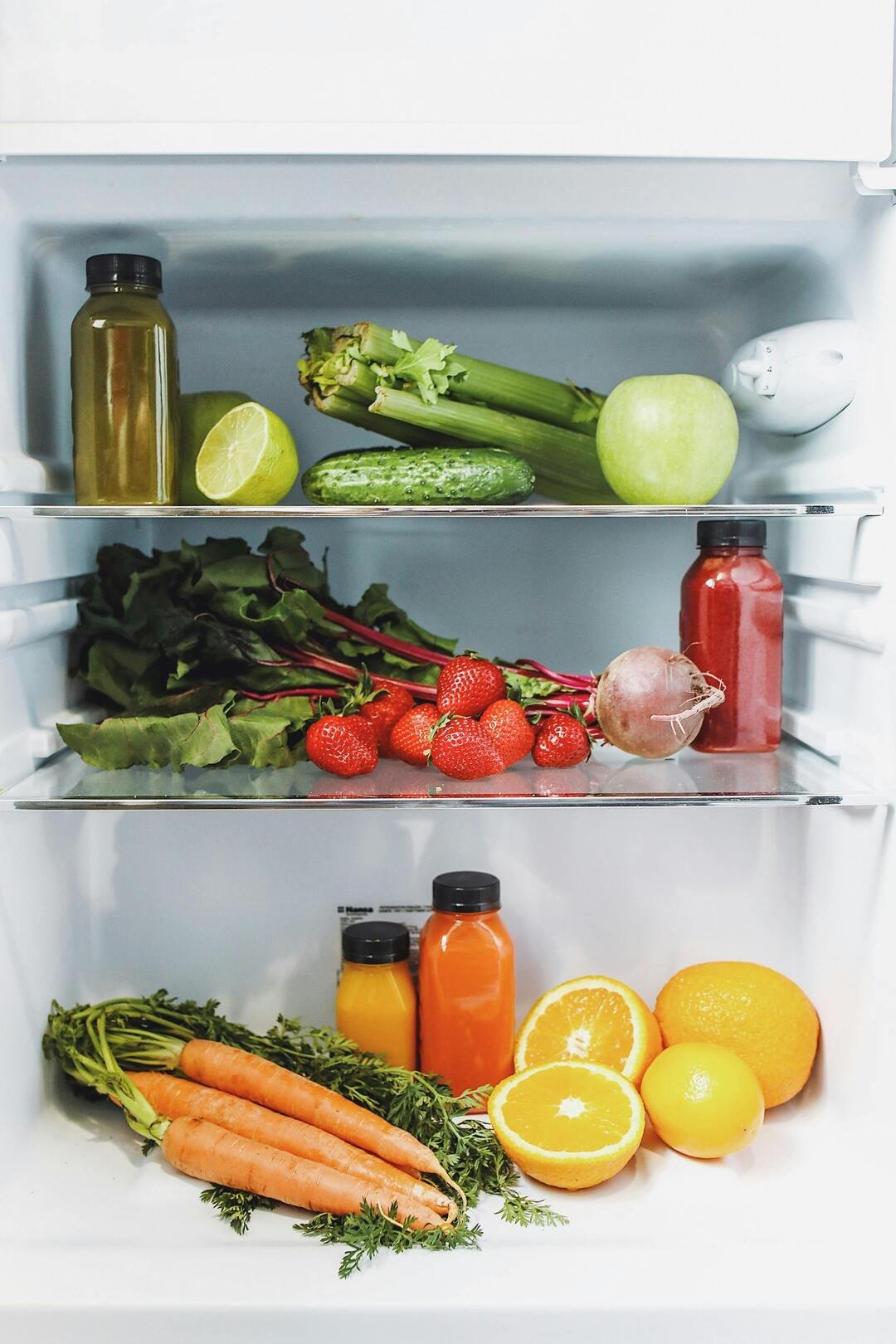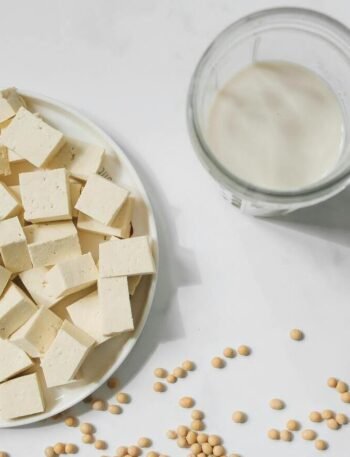Maximize Flavor And Freshness: Foods That You Should Never Be Refrigerated
When it comes to food storage, one of the most common habits is to place almost everything in the fridge, believing that this will extend its shelf life and preserve its quality.
While refrigeration is essential for many perishable items, it’s not the best solution for everything. In fact, several foods can lose their natural flavors, textures, and even nutritional value when exposed to cold temperatures.
Understanding which foods are best stored at room temperature can not only help retain their freshness and taste but also improve their overall longevity.
Refrigerating the wrong items may cause them to dry out, become mushy, or lose their intended flavor profile.
Moreover, knowing what not to refrigerate can also save valuable space in your fridge for items that truly need the cold environment to remain safe to consume.
In this guide, we’ll explore 30 common foods that should never be kept in the fridge, along with the reasons why they fare better when stored elsewhere.
By adjusting your food storage habits, you’ll ensure that your produce, baked goods, and pantry staples stay at their peak, delivering the best possible flavor and texture every time you use them.
Whether you’re looking to keep your fruits juicy, your bread soft, or your oils smooth,it’s important to know the foods that you should never store in the fridge to avoid unnecessary spoilage and waste.
List of 30 Foods That Should Never Be Refrigerated:
1. Tomatoes
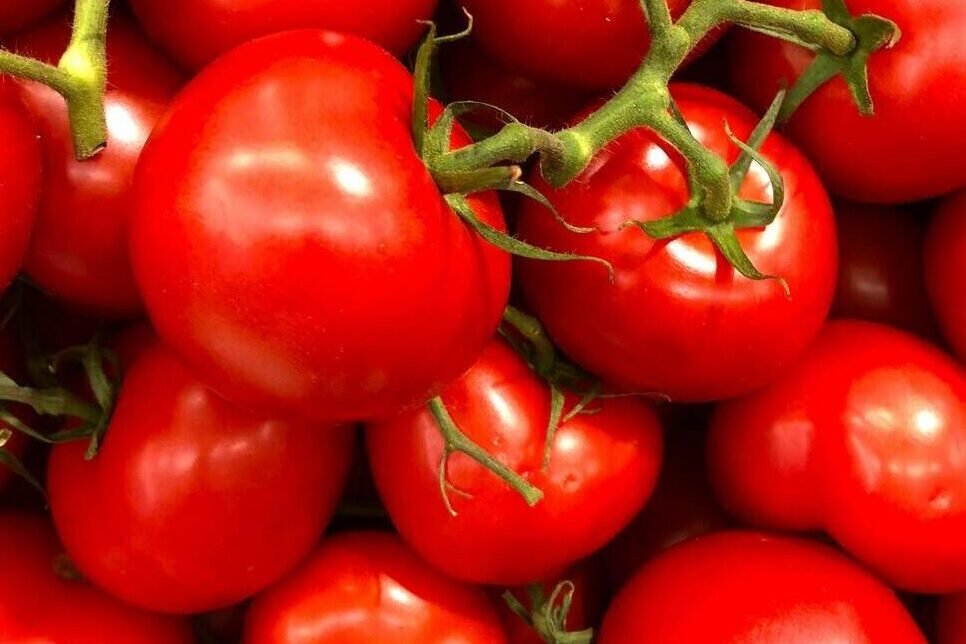
Tomatoes may seem like they belong in the fridge, but cold temperatures cause them to lose flavor and become mushy. Storing them at room temperature helps maintain their rich taste and firm texture.
2. Potatoes
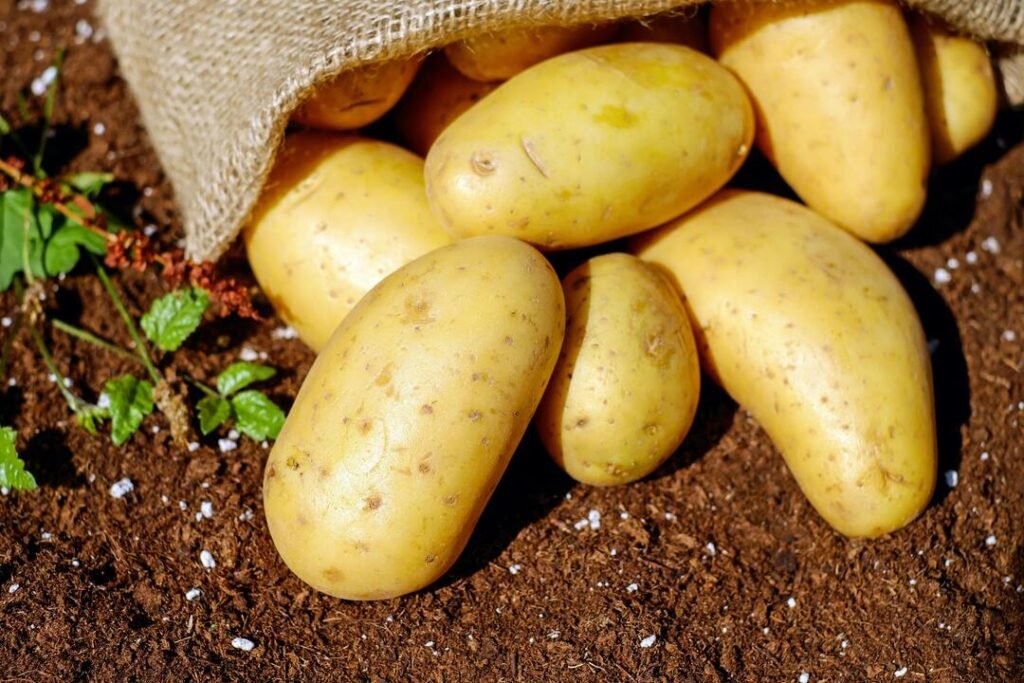
Potatoes, when refrigerated, can develop a gritty texture and an off-taste due to the starch converting into sugar. It’s best to store them in a cool, dark place like a pantry or a cellar.
3. Onions
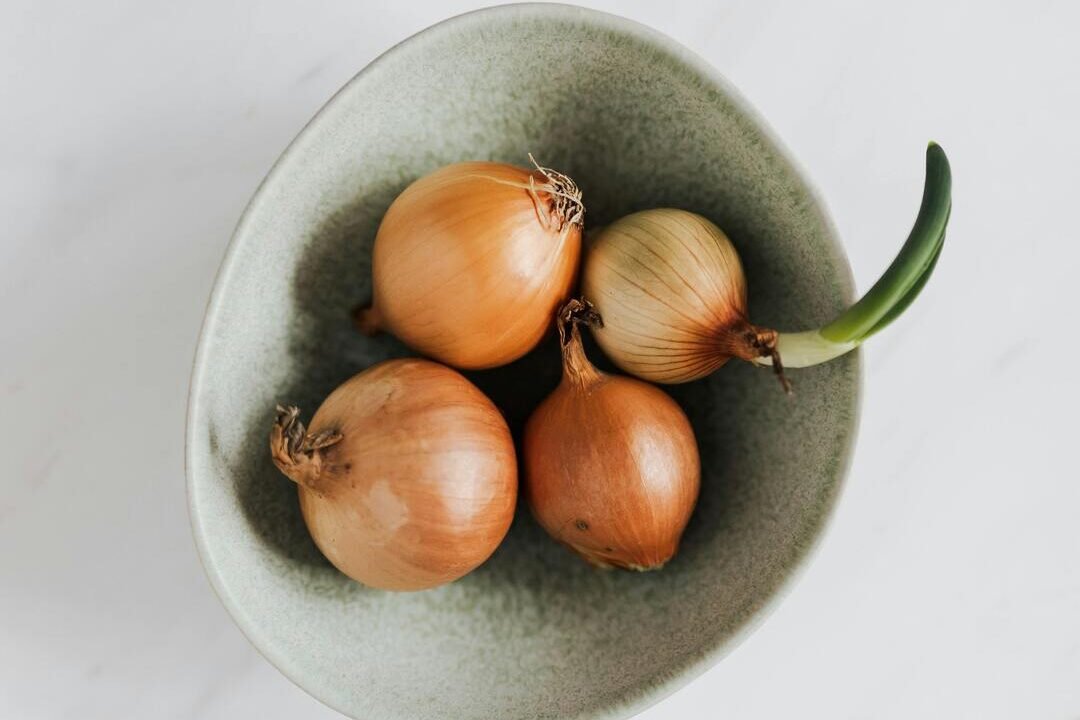
Whole onions should never be refrigerated as the cold can make them soft and moldy. Keep them in a well-ventilated space away from moisture. However, chopped onions can be refrigerated in a sealed container.
4. Garlic
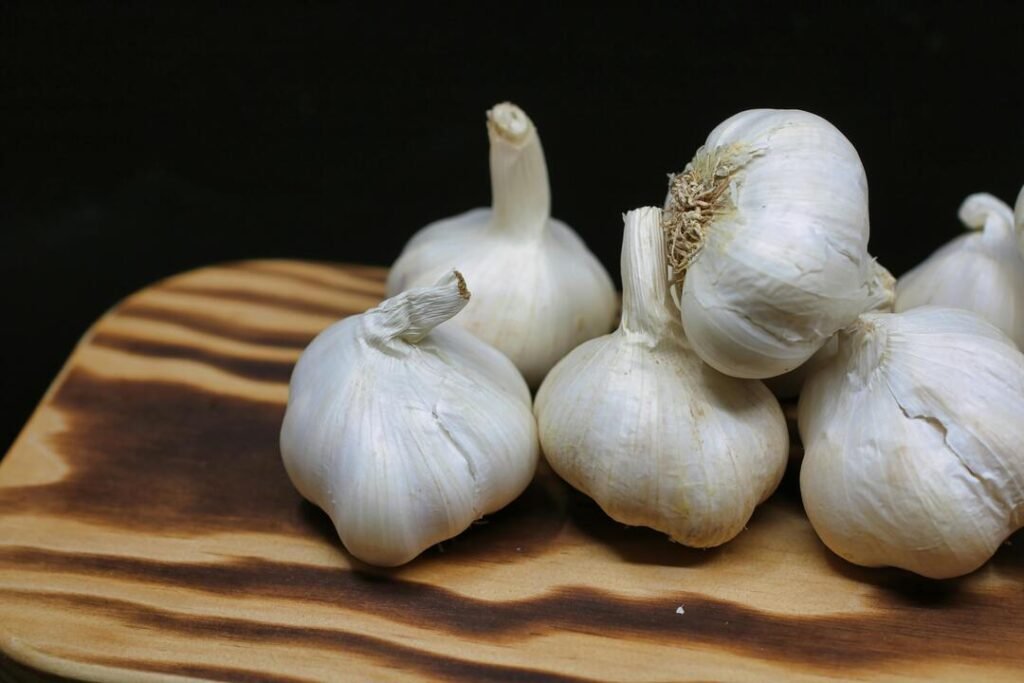
Refrigerating garlic changes its texture and flavor, making it rubbery and bitter. Store garlic bulbs in a cool, dry place to preserve their natural pungency.
5. Bread
Putting bread in the fridge causes it to dry out and become stale more quickly. Instead, keep it in a cool, dry place like a bread box or on the countertop, away from direct sunlight.
Cover it with a clean cloth or beeswax wrap to protect it while allowing it to breathe. Avoid plastic bags, as they can trap moisture and promote mold growth. Use it within a few days for the best quality. For more tips on bread storage, visit The Kitchen.
6. Honey

Honey is a natural preservative and does not need refrigeration. Storing it in the fridge causes crystallization, which makes it harder to use. Keep honey in a tightly sealed jar at room temperature.
7. Coffee

Refrigerating coffee grounds or beans causes them to absorb moisture and odors from the fridge, which can alter their taste. Store coffee in an airtight container in a cool, dry place. National Coffee Association (NCA).
8. Avocados

If you have an unripe avocado, placing it in the fridge will slow down the ripening process. Keep them on the counter until they ripen, and then you can refrigerate them if needed to extend their freshness.
9. Unripe Bananas

To keep bananas fresh and slow down browning, you can wrap the stems in foil or plastic wrap. This method helps contain the ethylene gas that accelerates ripening. Another effective option is hanging bananas on a hook to prevent bruising and ensure even ripening.(The Kitchen)
10. Olive Oil

Olive oil solidifies when refrigerated and becomes cloudy. Store olive oil in a dark, cool place away from heat sources and light, which can cause it to go rancid. Using a sealed container is best to prevent oxidation. For optimal freshness, consume it within 6 months to a year. Find out more about storing olive oil.
11. Peanut Butter
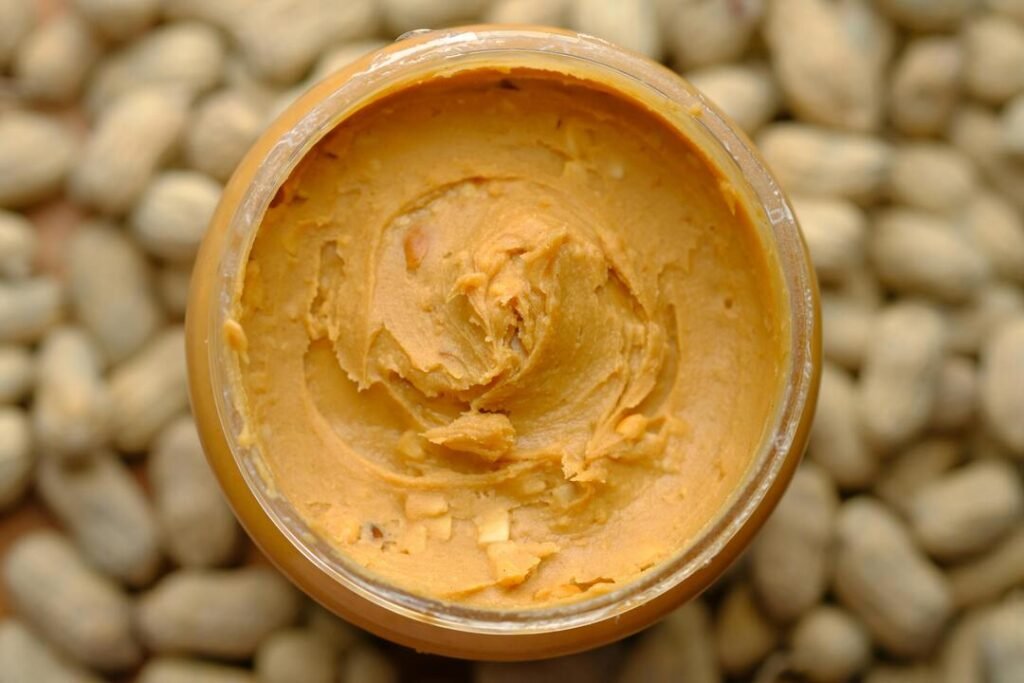
Natural peanut butter doesn’t require refrigeration and becomes too hard to spread when cold. Store it in a pantry to keep its creamy texture. For best storage tips for peanut butter read How Long Will That Peanut Butter Last?
12. Citrus Fruits
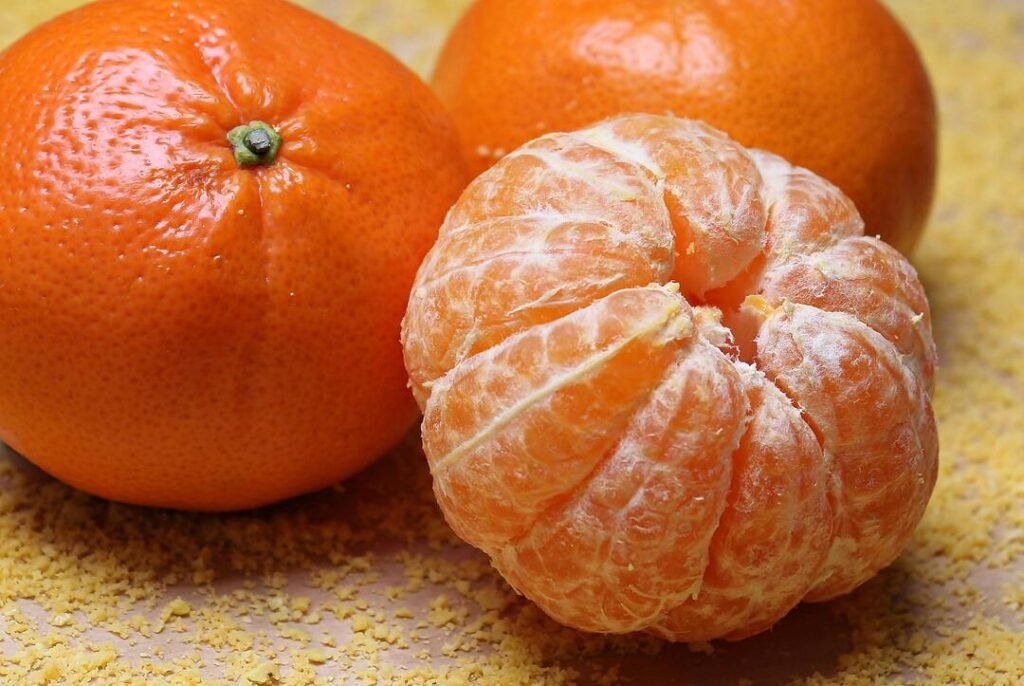
Lemons, limes, oranges, and other citrus fruits lose their juiciness and flavor when kept in the fridge. Store them in a bowl on the counter for the best flavor.
13. Whole Melon & Watermelon

Consumers often think fresh fruits and vegetables need to be stored in a refrigerator, said Barbara Brown, Oklahoma State University Extension food specialist.
“Surprisingly, not everything goes where most people normally put it when they get home from the store or come in from the garden,” Brown said. “Melons such as cantaloupe, for example, should be stored on the counter in the kitchen or somewhere darker.
The flavor is going to continue to develop for a few days before it’s consumed. Once cut, however, it needs to be stored in the refrigerator. This is true for any produce that has been cut.”
14. Apples
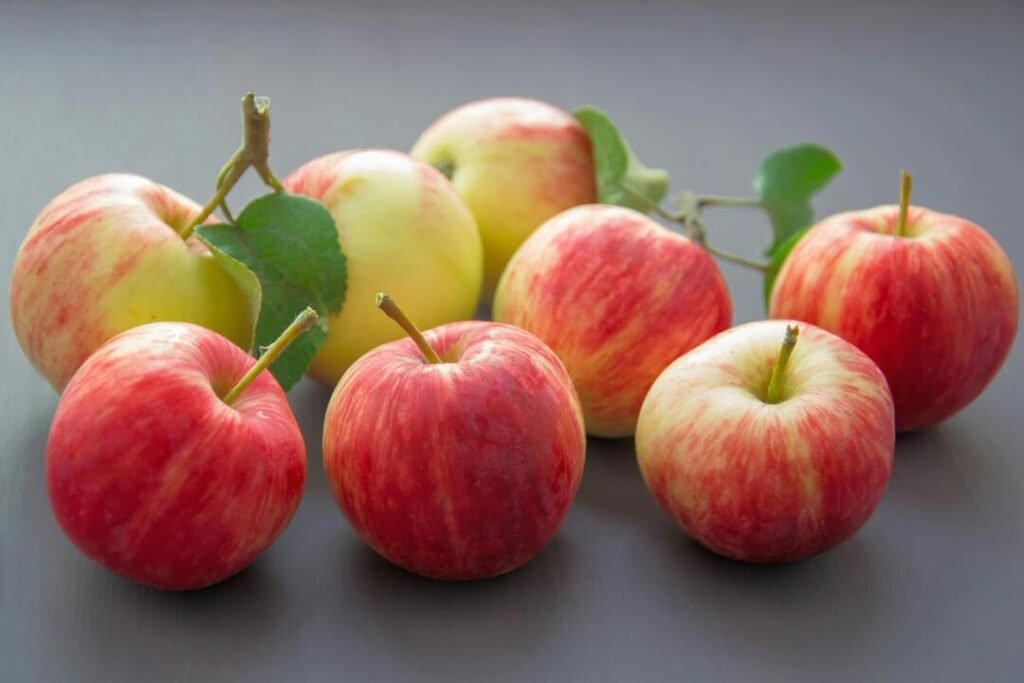
Storing apples in the fridge can cause them to lose their crispness and flavor. They are best kept in a cool, dry place like a fruit bowl on your counter.
16. Ketchup

Ketchup is high in preservatives like vinegar and sugar, so it doesn’t need refrigeration. Ketchup can be stored in a cool, dark pantry or cupboard.
Once opened, it typically lasts several months without refrigeration due to its acidity. For best quality, use it within 6 months of opening. For more details, check out how long ketchup lasts at The Kitchen.
17. Soy Sauce

With its high salt content, soy sauce can be safely stored in a cool, dark cabinet. Refrigerating it doesn’t prolong its shelf life.
18. Hot Sauce

Hot sauces are often vinegar-based and don’t require refrigeration. The cold can dull the spiciness, so store them in the pantry.
29. Dried Fruits

Dry fruits can be stored at room temperature for short periods if the environment is cool and dry. However, in warmer climates or areas with higher humidity, refrigeration is advisable to maintain their quality for longer.
15. Tropical Fruits
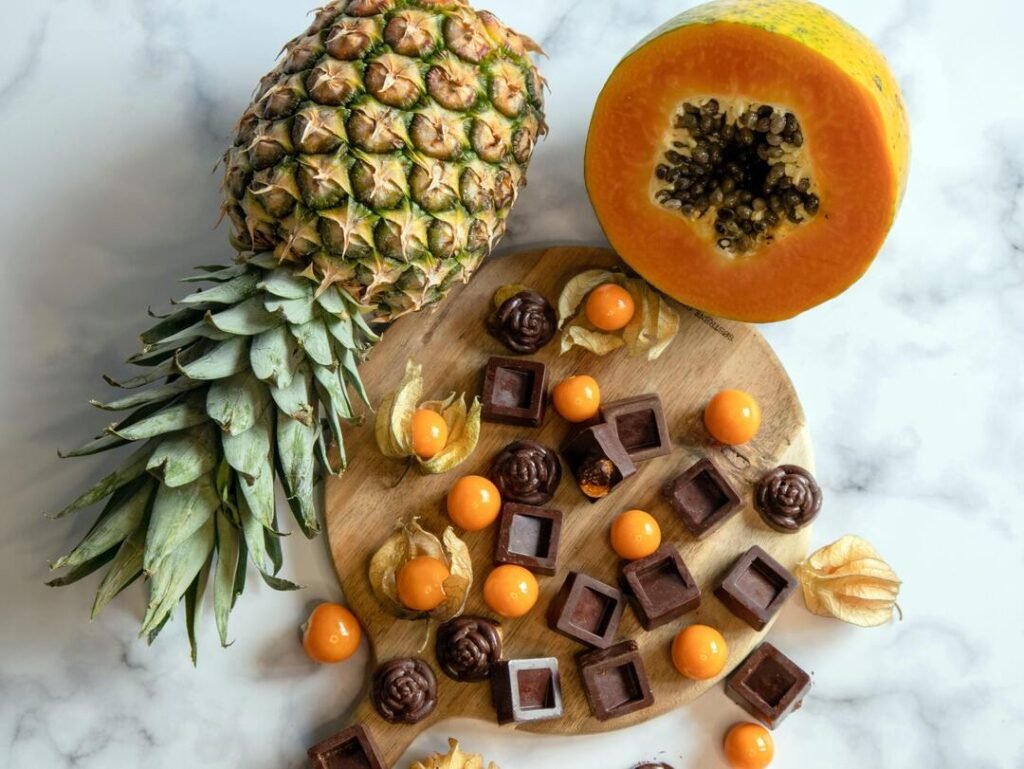
Tropical fruits like pineapples, mangoes, and papayas prefer room temperature until they’re fully ripe. Once cut, these fruits become more susceptible to bacteria, so it’s important to store them in an airtight container in the fridge.
19. Squash & Pumpkin
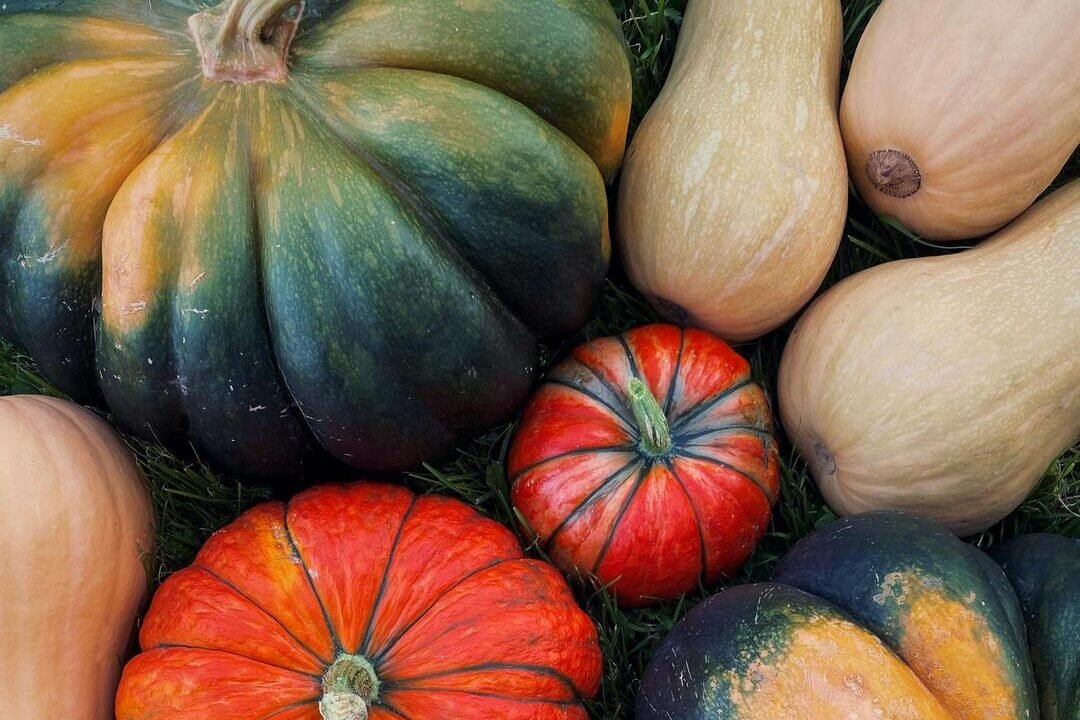
You don’t need to waste refrigerator space on hard winter squashes like butternut, acorn, and kabocha. Store these thick-skinned gourds in a cool, dry spot away from direct sunlight until you slice into them. For more details, check the Keep Your Produce Fresh guide from Wirecutter
20. Spices
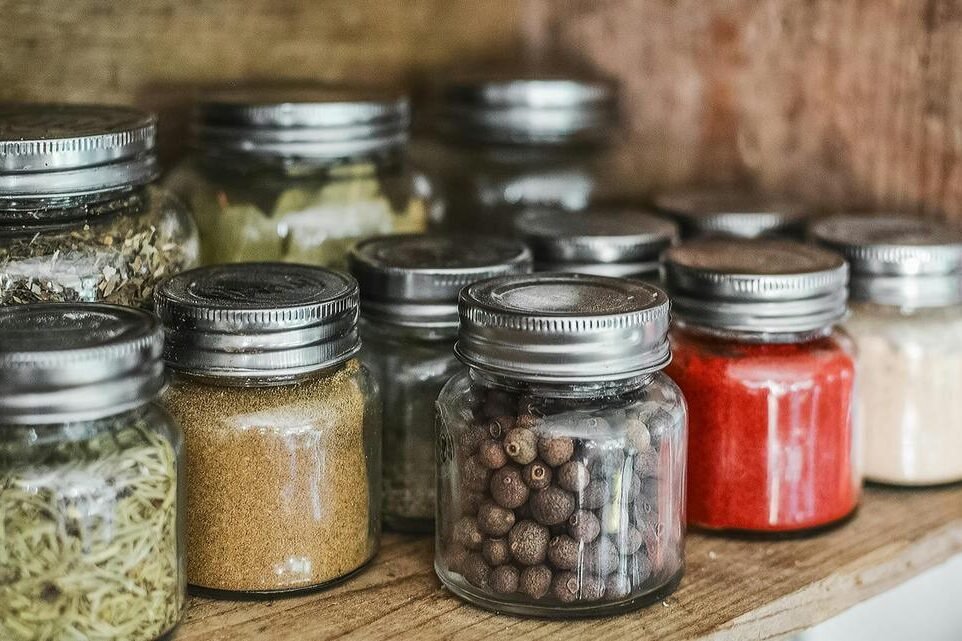
Ground spices and dried herbs lose their potency when exposed to moisture in the fridge. Store them in a dry, cool place to retain their flavor. Learn more about pantry storage tips.
21. Basil

“Storing basil in your regular fridge may cause it to turn black prematurely,” says Frymark. “[Instead], packaged basil should be kept on the kitchen counter away from direct sunlight or other sources of heat.”
If the stems are long enough, you can put them in a glass with some water to extend their freshness, which makes an attractive mini bouquet that smells divine,
22. Chocolate
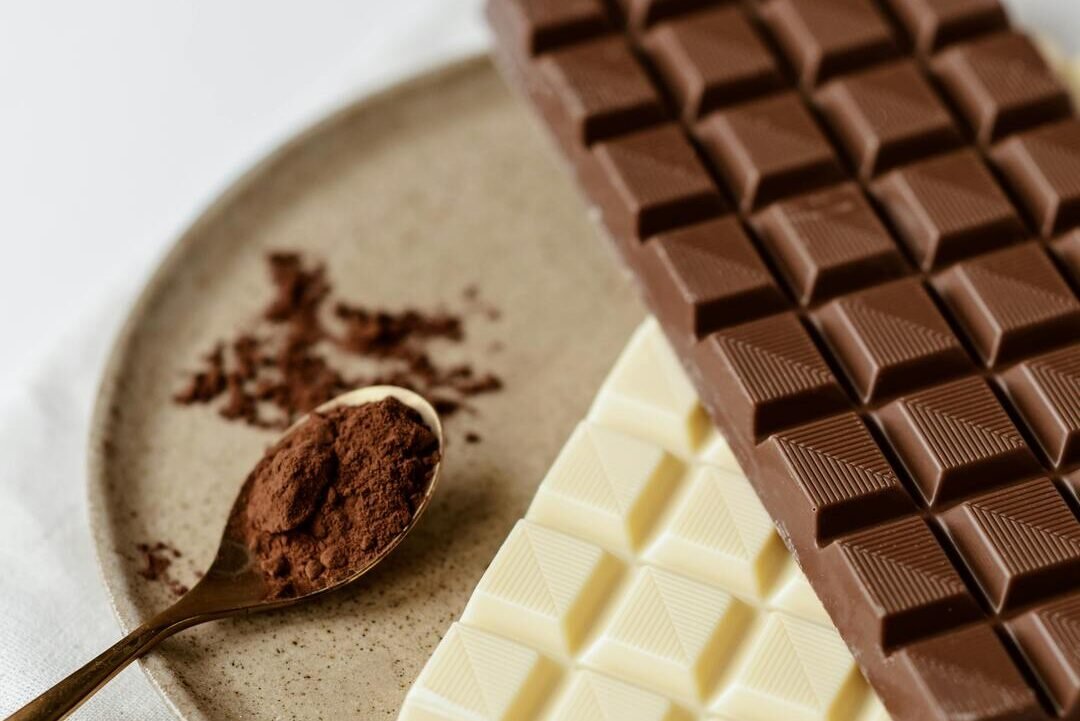
Cold temperatures can cause chocolate to develop a white coating called “bloom,” which affects its texture and taste. Keep chocolate in a cool, dry place for the best flavor.
23.Baked Cookies
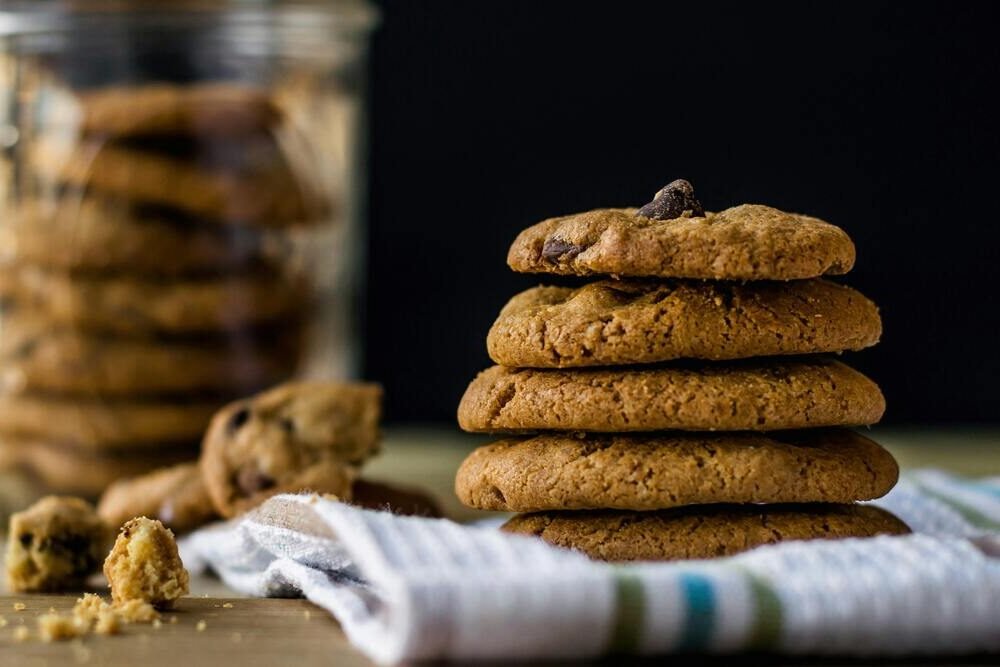
Go ahead and enjoy your freshly baked cookies to the fullest! Just remember that storing them in the fridge can introduce moisture, making them crumbly and altering their flavor. Instead, keep them in a sealed container for up to three weeks, depending on the variety, or opt to freeze them for longer preservation.
24. Cucumbers
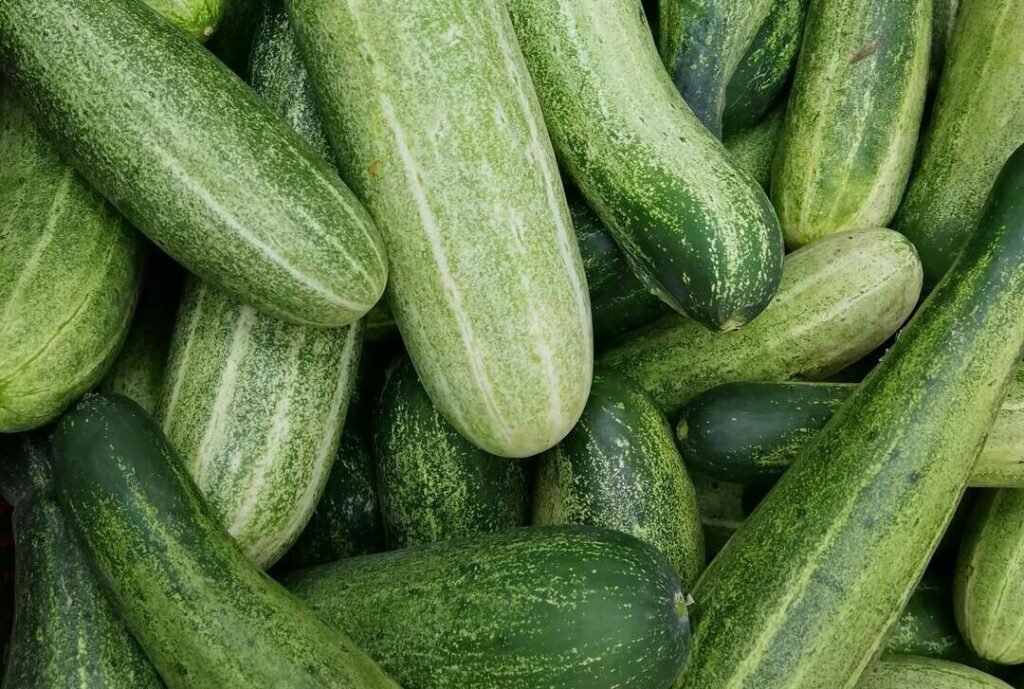
While it’s common to store cucumbers in the fridge, doing so can cause “chilling injury,” leading to water-soaked spots, shriveling, and yellowing within a few days. For optimal freshness, it’s better to store cucumbers at room temperature in a cool, dry place, away from direct sunlight. This way, they’ll stay crisp and firm longer.
25. Eggplants
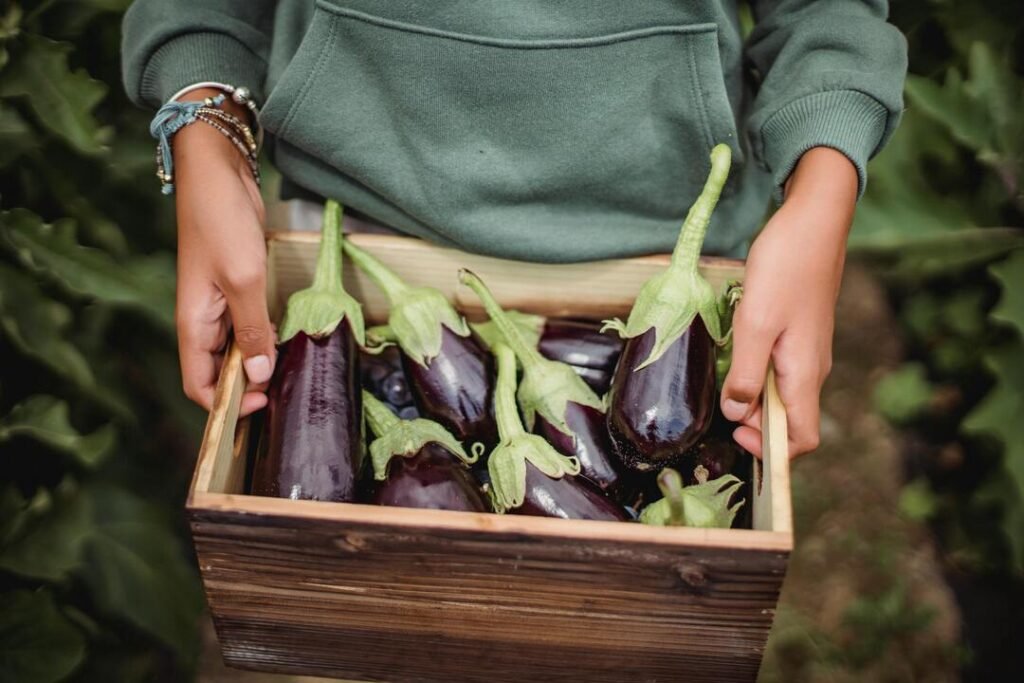
Eggplants are sensitive to cold and can develop dark spots and tends to lose its taste when When refrigerated, they tend to lose flavor, and they will only remain fresh on your counter for a day or two.
Store them in a cool, dry place, and use them soon after purchase. To enjoy this flavorful vegetable at its best, make air fryer eggplant chips shortly after buying it!
26. Aged Cheese
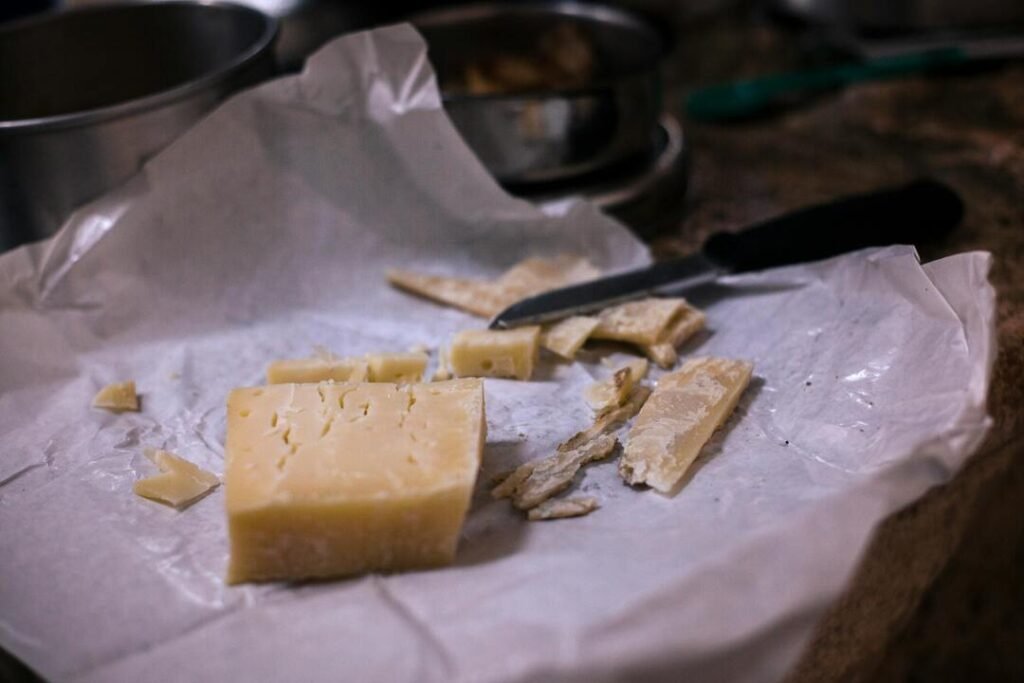
According to the USDA. aged cheese, such as Parmesan or Gruyère, does not require refrigeration. Instead, store it in a cool, dark place to maintain its flavor and texture.
Just ensure it’s kept in a well-sealed container or wrapped properly to prevent it from drying out or absorbing odors from other foods.
27. Pickles

Pickles are already preserved in vinegar, so there’s no need to store them in the fridge. Keeping them in the pantry will maintain their crunch and flavor.
28. Jams and Jellies

High-sugar jams and jellies don’t require refrigeration and are best stored in a cool,dark and dry place between 50-70°F. The sugar acts as a natural preservative. For more detail read Storing Home-Canned Jams and Jellies
30. Unopened Canned Foods
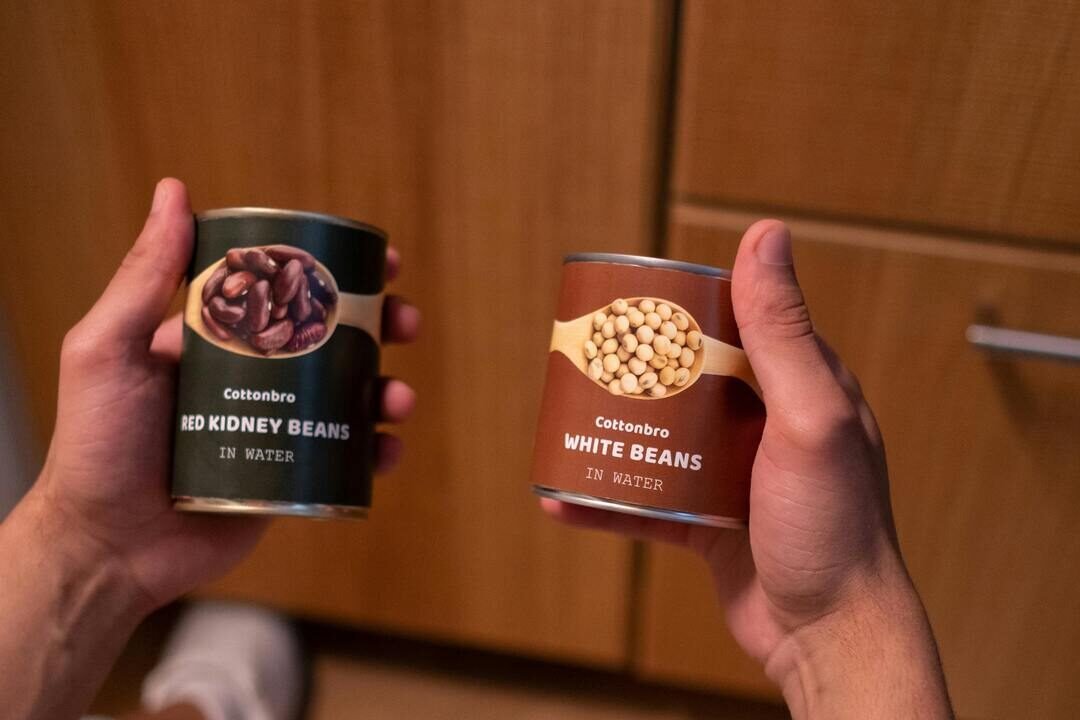
Canned goods are designed for long-term storage and don’t need refrigeration until they are opened. Keep them in a cool, dark cabinet to ensure freshness.
Unlock more information with these helpful articles!
Eco-Friendly Food Storage Solutions for a Sustainable Kitchen
What is Ghee: The Ultimate Guide to Ghee
10 Essential Tips to save Time In The Kitchen
10 Amazing Health Benefits of Adrak (Ginger)Halwa

